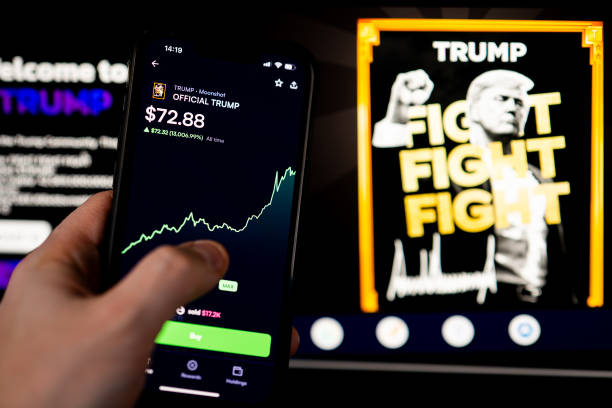The government of Nigeria is preparing to introduce new regulations to ban peer-to-peer (P2P) cryptocurrency exchange using the national currency, the Nigerian naira.
Nigeria’s Securities and Exchange Commission (SEC) is set to launch a new regulatory framework for crypto exchanges, custodians and other industry firms “in the coming days,” Bloomberg reported on May 7.
According to SEC Director General Emomotimi Agama, the new regulations aim to delist the naira from P2P exchanges in order to protect the local currency from manipulation. He stated:
“Recent concerns regarding crypto P2P traders and their perceived impact on the exchange rate of the naira has underscored the need for collective action.”
The news follows a local ban issued to the global cryptocurrency exchange Binance and the arrests of its executives, Tigran Gambaryan and Nadeem Anjarwalla, in Nigeria in February 2024.
Gambaryan, who has been jailed at the Kuje correctional center in Nigeria’s capital, Abuja, will go on trial on May 17, facing charges of tax evasion, currency speculation and money laundering.

Major CEX platforms like Binance have their own P2P marketplaces, allowing users to switch between CEX and P2P when needed. However, Binance removed the naira from its P2P service as of March 2024 amid the Nigerian government launching a major crackdown on the exchange.
Related: Ex-Binance CEO Changpeng Zhao sentenced to four months in prison
Even after removing the naira from its P2P service, Binance and its executives continued to face pressure from regulators in Nigeria, keeping Gambaryan arrested and jailed.
On May 7, Binance CEO Richard Teng released detailed records of Gambaryan’s detention, condemning the Nigerian government for “setting a dangerous new precedent for all companies worldwide” after detaining two of its employees.
Binance’s regulatory precedent in Nigeria and the planned P2P ban do not mean that P2P crypto trading will be gone for good in the country.
Nigerians would apparently still be able to trade on P2P marketplaces using the U.S. dollar. According to some industry advocates, banning P2P is also not easy, if not impossible.










